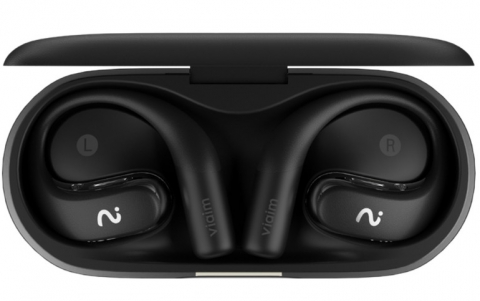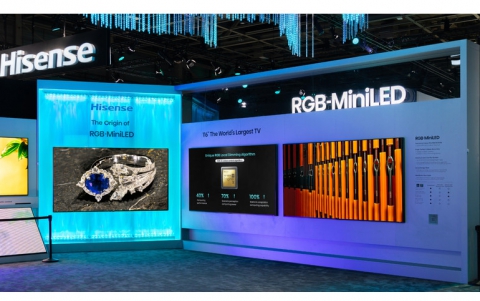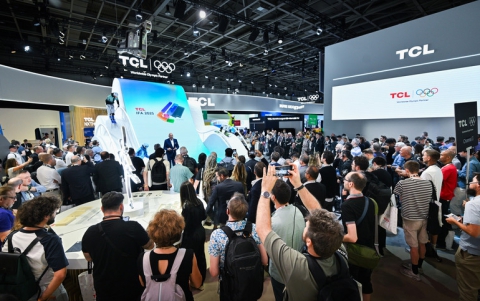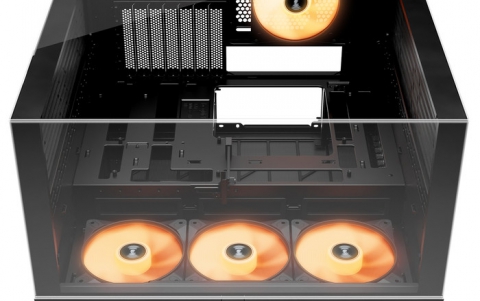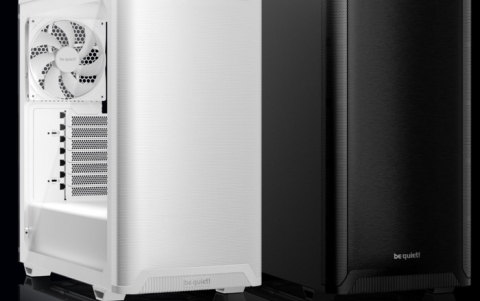
Apple Says Face ID Accuracy Was Not Reduced
Apple disputed a report by Bloomberg News on Wednesday that it recently allowed suppliers to reduce the accuracy of the iPhone X's facial recognition system to speed output of the phone.
Apple spokeswoman Trudy Muller said "Bloomberg's claim that Apple has reduced the accuracy spec for Face ID is completely false. The quality and accuracy of Face ID haven't changed. It continues to be 1 in a million probability of a random person unlocking your iPhone with Face ID."
Bloomberg's report, which cited sources close to people familiar with the situation, said Apple relaxed some of the technical specifications for sensors for the Face ID system, making it faster to test the parts.
Besides Bllomberg, many other reports from Asia have indicated that Apple wouldn't have enough iPhone Xs in time for the holidays due t to production problems. The main challenge was how to make the sophisticated phone-with advanced features such as facial recognition-in large enough numbers.
With the iPhone X set to debut on Nov. 3, we're about to find out whether Apple's new device will be available in large quantities or not. Signs of weakness in iPhone 8 sales means Apple could sell fewer handsets than last year - despite all the fanfare surrounding the iPhone X.
Besides struggling to produce enough 3-D sensors (LG Innotek and Sharp ), Apple has suffered from a dearth of suppliers capable of making organic light-emitting diode displays. The OLED, which delivers sharper images, is the iPhone X's other main advance. But Apple is dependent on Samsung Electronics for its entire supply of the components.









